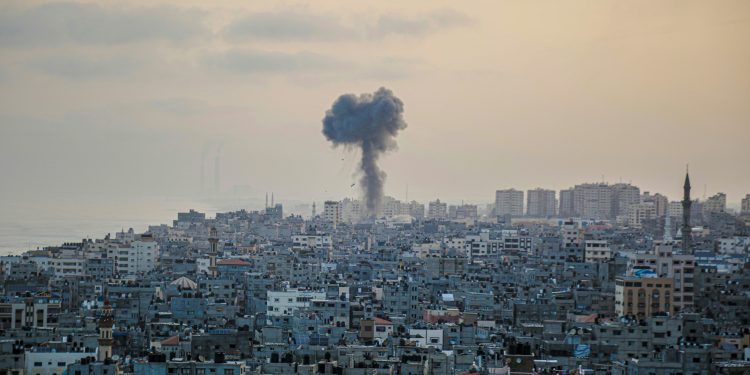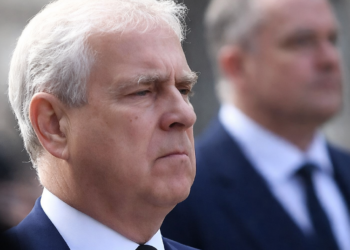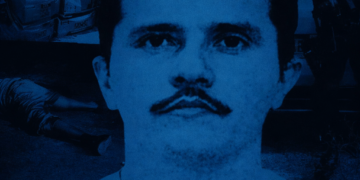Two of Israel’s most prominent human rights organizations, B’Tselem and Physicians for Human Rights Israel (PHRI), have issued separate reports concluding that Israel’s military actions in Gaza amount to genocide against Palestinians. The reports, released on Monday after 21 months of conflict analysis, mark the first time Israeli-based groups have leveled such accusations against their own government.
“In these dark times, it is especially important to call things by their name,” the organizations stated jointly, demanding an immediate halt to what they describe as systematic destruction. The Israeli government swiftly rejected the claims, with spokesperson David Mencer asserting that the Israel Defense Forces (IDF) exclusively target Hamas militants and blaming the militant group for civilian suffering.
Evidence of Deliberate Destruction of Palestinian Society
B’Tselem’s 88-page report alleges that Israel’s policies in Gaza, combined with statements from political and military leaders, reveal an intentional effort to dismantle Palestinian society. “The horrific outcomes—mass displacement, starvation, and the razing of neighborhoods—point to a coordinated campaign of destruction,” said Yuli Novak, the group’s executive director, during a Jerusalem press conference.
PHRI’s 65-page health-focused analysis goes further, accusing Israel of deliberately targeting Gaza’s healthcare system. “Hospitals have been bombed, medical aid blocked, and healthcare workers killed or detained in a calculated manner,” said Dr. Guy Shalev, PHRI’s executive director. The report argues these actions meet at least three criteria under the 1948 Genocide Convention, to which Israel is a signatory.

The accusations come as South Africa’s genocide case against Israel at the International Court of Justice (ICJ) continues to unfold. While Israel dismisses the case as “biased,” a growing number of UN experts, scholars, and international NGOs have echoed similar allegations.
PHRI and B’Tselem acknowledge the October 7 Hamas attacks, which killed 1,200 Israelis and sparked the war, as a traumatic event. However, they argue Israel’s response has been fueled by “dehumanizing rhetoric” from officials, effectively treating all Gazans as complicit. “This isn’t collateral damage—it’s policy,” said Shalev.
Fear of Backlash and Calls for Global Intervention
Both organizations anticipate backlash within Israel, where criticism of the war often draws hostility. “We risk verbal or physical attacks, but silence is complicity,” Shalev told the BBC. Novak however added that concluding their own country might be committing genocide was emotionally shattering. “It fractures your fundamental sense of identity,” she said.
Meanwhile, Gaza’s Hamas-run Health Ministry reports over 59,900 Palestinian deaths, figures widely cited by the UN despite scrutiny. Israel maintains its operations are proportional and lawful, emphasizing Hamas’ use of civilian infrastructure for military purposes.
Why It Matters
With the ICJ deliberating on genocide allegations and global pressure mounting, the reports have increased the scrutiny on Israel’s wartime conduct. The PHRI has already urged the World Health Organization (WHO) and medical communities worldwide to condemn the assault on healthcare. B’Tselem has additionally called for immediate international sanctions and arms embargoes.
Yet in Israel, the narrative remains polarized. As government officials dismiss the findings as “politically motivated,” the rights groups insist their aim is accountability. “This isn’t about anti-Israel sentiment,” Novak stressed. “It’s about preventing atrocities in our name.”

















